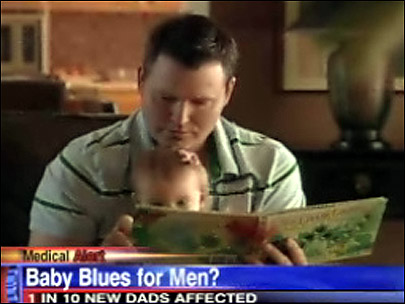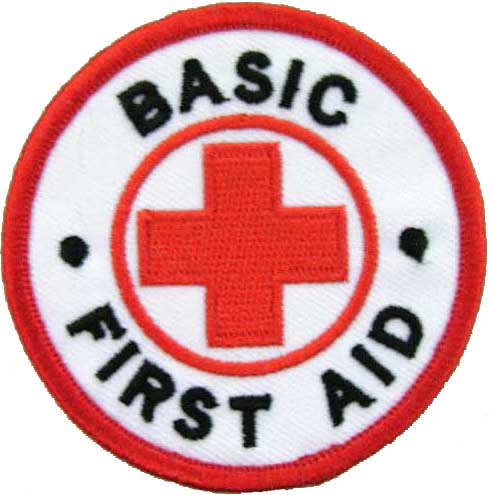Postnatal Depression – Its Effects On Dads

 Postnatal depression (PND) also called postpartum depression is something a lot of people are aware of and also suffer from after having a baby. It is a topic not widely spoken about but awareness is on the rise.
Postnatal depression (PND) also called postpartum depression is something a lot of people are aware of and also suffer from after having a baby. It is a topic not widely spoken about but awareness is on the rise.
What is it all about ? Who else besides mothers are affected? With today’s mothers beginning to have more access to the help they need, are fathers getting the same attention?
The Facts About Postnatal Depression
It is easy to think postnatal depression is an illness only affecting the mother. After giving birth it is quite common for women to develop PND. Within three months after giving birth around one in seven women are thought to suffer from some form of depression.
While sufferers can often feel like they are going through it alone, their depression can also have a profound effect on the people around them, often without them even realizing it.
Teenage mothers are thought to be the highest age group to suffer with PND. Ethnicity makes no difference – it is a worldwide issue. Some people can find something as simple as increased levels of support from family and friends can be enough to help them out of their depression.
However, others may find they need a bit more help – potentially from their general practicioner – with very severe cases even needing specialist mental health treatment.
Who is Affected by PND?
While frequently it is the mother who directly suffers from the postnatal depression, her behavior and mood can have an effect on the father as well. There is an unspoken expectation that fathers can simply deal with it and be supportive in all areas.
However, there are naturally going to be times when the supporter needs some support himself. Sadly, the support available for fathers may not be as readily available as it is for mothers. Studies have shown men want to be involved in all stages of the pregnancy.
 However, if they have a lack of understanding about what to expect and how to cope with their partner’s emotions and behavior, it can cause problems further down the line.
However, if they have a lack of understanding about what to expect and how to cope with their partner’s emotions and behavior, it can cause problems further down the line.
With that in mind, it could be largely beneficial for fathers to have a much more active role throughout the pregnancy as well as after the birth. If they have a better understanding of PND before the birth, then fathers may be able to do more to help their partner if she does end up suffering with it.
There have also been studies into PND affecting fathers directly. The Parenting Research Centre in Melbourne found fathers are just as likely to suffer from PND as mothers. The strain of sleepless nights and the pressure of being a new dad make men just as vulnerable.
The lack of awareness on this subject however, is troubling. It makes it difficult for fathers to get the help they need as early as possible. Ideally, moms and dads should both be assessed so they can receive the counseling they need before the problem worsens.
Is There a Solution?
Couples counseling could be an avenue to consider. Both the mother and father can discuss their personal worries and feelings. If they can get everything out into the open, it may be easier to overcome PND together, rather than the mother struggling to cope on her own.
Counseling can also help the father to understand what the mother is going through and be more aware of her mood, as well as how he can help her to deal with what’s happening.
There are various counselors available who will see couples both separately and together. This can give them a chance to tell the counselor what their own issues are and then share some of this information with each other in a neutral environment, away from the stresses of home.
Working together to battle any problems may be beneficial for the relationship in the long run as well. While it can be used to combat the PND, it may also reveal a whole host of other issues that hadn’t previously been addressed.
This might seem worse at the start but if they can all be worked through, it will probably strengthen the relationship over time. Ultimately, talking things through and being open with each other may result in a stronger, more stable relationship, creating a more secure environment for the newborn in the long run.
Please share this post with your social media networks. Thank you.






